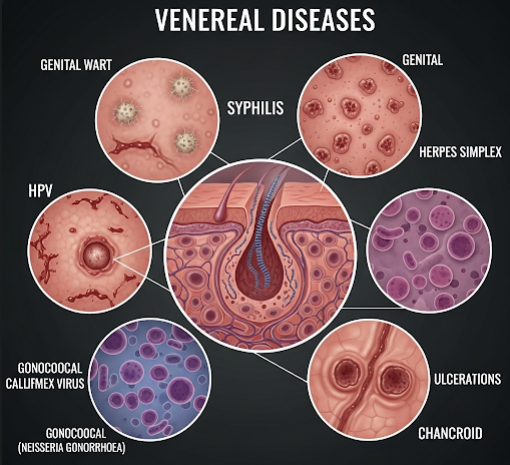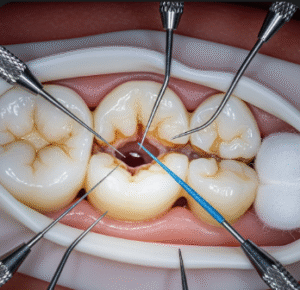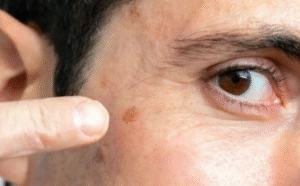Overview
Venereal diseases, also known as sexually transmitted infections (STIs), are infections primarily spread through sexual contact. These diseases can affect both men and women and include a variety of bacterial, viral, and parasitic infections. If left untreated, venereal diseases can lead to serious health complications such as infertility, chronic pain, and increased risk of HIV. South Korea offers advanced screening, diagnosis, and treatment services to manage and prevent these infections effectively.
What is Venereal Diseases?
Venereal diseases refer to infections transmitted through vaginal, anal, or oral sex. Common venereal diseases include chlamydia, gonorrhea, syphilis, genital herpes, human papillomavirus (HPV), and trichomoniasis. These infections can vary in symptoms, severity, and treatment, but most share the common transmission route of sexual contact.
Symptoms
Symptoms vary depending on the specific infection but commonly include:
- Unusual discharge from the penis or vagina
- Pain or burning sensation during urination
- Sores, bumps, or rashes on the genital area or other parts of the body
- Itching or irritation in the genital region
- Pain during sexual intercourse
- Swollen lymph nodes in the groin
- Some infections may be asymptomatic, especially in early stages
Causes
- Unprotected sexual intercourse with an infected partner
- Multiple sexual partners or partner with a history of STIs
- Sexual contact without regular screening or protection
- Transmission from mother to child during childbirth (in some infections)
Risk Factors
- Inconsistent or no use of condoms
- Multiple or anonymous sexual partners
- Previous history of STIs
- Age (higher risk among adolescents and young adults)
- Substance abuse that impairs judgment
- Lack of vaccination for preventable infections like HPV and hepatitis B
Complications
If untreated, venereal diseases can cause:
- Pelvic inflammatory disease (PID) in women, leading to infertility
- Chronic pelvic or abdominal pain
- Increased risk of acquiring or transmitting HIV
- Pregnancy complications, including miscarriage and premature birth
- Neurological and cardiovascular damage in advanced syphilis
- Certain cancers, such as cervical cancer caused by HPV
Prevention
- Consistent and correct use of condoms
- Limiting number of sexual partners
- Regular screening and early treatment of infections
- Vaccination against HPV and hepatitis B
- Open communication with sexual partners about STI status
- Avoiding sharing needles or other items that can transmit infections
Treatment Options in Korea
South Korea provides comprehensive care for venereal diseases, including:
- Screening and diagnosis – Advanced laboratory tests, including PCR and rapid tests, for accurate identification
- Antibiotic therapy – Effective treatment for bacterial STIs like chlamydia, gonorrhea, and syphilis
- Antiviral medications – For viral infections such as genital herpes and HIV management
- Vaccination programs – HPV and hepatitis B vaccines widely available
- Counseling and education – Programs promoting safe sex and reducing stigma
- Partner notification and treatment – Ensuring partners receive care to prevent reinfection
- Specialized clinics – Confidential and discreet services in urban centers, ensuring patient privacy













